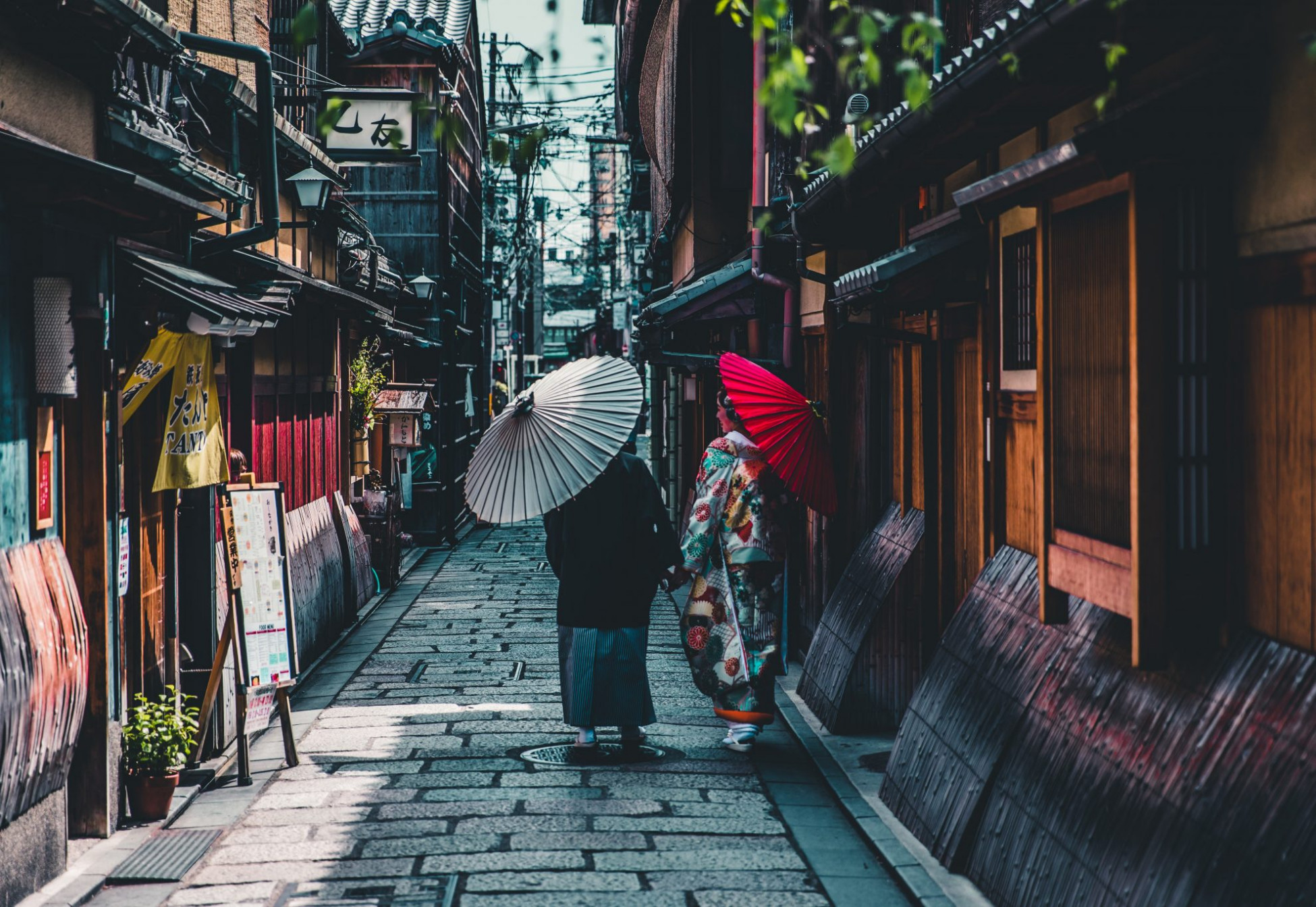
Group Description
Connect with travelers with disabilities and welcoming locals, offering tips on accessible hotels, wheelchair-friendly attractions, and transportation in Japan. From Tokyo’s bustling Shibuya Crossing and historic Asakusa to Kyoto’s golden Kinkaku-ji, Hiroshima’s Peace Memorial Park, and the hot springs of Hakone, whether it’s your first visit or a return trip, this is the place to ask about accommodations, getting around, or inclusive activities – someone here has likely experienced it before. You’ll find personal stories, travel tips, and recommendations for cultural, historical, and nature experiences. This group supports mobility aid users, along with travelers who have sensory sensitivities, low vision, and hearing loss, helping you enjoy a more accessible Japan adventure.
Distilled water in Japan
Distilled water in Japan
Posted by Rob Dyer on March 22, 2023 at 6:01 pmI have a client asking about where they can find distilled water in Japan.
Her husband needs distilled water for an overnight breathing machine (CPAP). I googled it. The Internet says pharmacies should have it and to ask for Seisei-sui”(精製水) Does that sound right to anyone?
I saw that it might be confused with purified water – which (apparently) is best NOT to use with CPAP machines.
Any experienced advice on this would be much appreciated – thanks!
AsiaMarketMakers replied 2 years, 3 months ago 5 Members · 10 Replies- 10 Replies
Great question!
I also use a CPAP and have found it interesting how not all countries have it easily available, even though CPAPs are used worldwide.
OK, so, from what I understand, 精製水 has various types, one of which is distilled water. The correct word for distilled water is 蒸留水 – jōryūsui.
So, I don’t think you can use just any 精製水 in the CPAP.
I just went to the drug store to get laundry detergent and decided to take a look and they only have 精製水 without much explanation…
So… they should at least be aware that not all are ok and should remember the kanji 蒸留水.
Home centers etc like Momotaro should have it since it is still used in wet cell batteries etc. You can also buy it online, so they could maybe send it to their hotel?
On Amazon they sell CPAP water! It just says 精製水 in the title but it has 蒸留水 down in the explanation.
That’s great – thanks Josh for such a useful and comprehensive reply!
Have passed on this info to my client.
Rob,
I think Josh has already responded, but I will add what I found to be sure.
As he noted, you can purchase distilled water branded specifically for CPAP use, but its expensive on Amazon and other online sites in Japan. I think your client could refer to the Amazon link and decide.Scott
FYI–=CPAP machine maket Information page:
Thanks Scott 👍
According to this (from the US Embassy in Japan): https://www.us.emb-japan.go.jp/itpr_en/bringing-medications-to-japan.html , you also need to fill out this form (https://www.mhlw.go.jp/english/policy/health-medical/pharmaceuticals/dl/qa2.pdf) and be approved, in advance, by the Japanese government just to bring in a CPAP into Japan.
Why? I don’t know. Maybe they want to make sure you’re not using it to smuggle in contraband (like drugs, etc.). Seems pretty silly to have to go through the same procedures as actual medication.
When my friend and I went to London in 2019, I brought my CPAP and my friend brought in OTC cold medicine for personal use as easily as our own clothes.
Thanks Carlos – but I couldn’t see any references on the website or PDF to CPAP. Did I miss something?
In the sample pages, it shows a “K-PAP”. Are CPAPs called K-PAP in Japan? Also, a previous link in this discussion was from one of the major CPAP manufacturers, RESMED. That link said you needed the authorization certificate.
If there’s still some confusion, your client may want to contact the closest Japanese Consulate. (There’s one in Los Angeles, for example.) Hopefully, they’d know the procedure.
Thanks for the clarification Carlos. Much appreciated. I will advise the client as you suggest. 👍
Contact the Japanese health department. There will be email contacts on the Japanese embassy websites in your country.
Log in to reply.